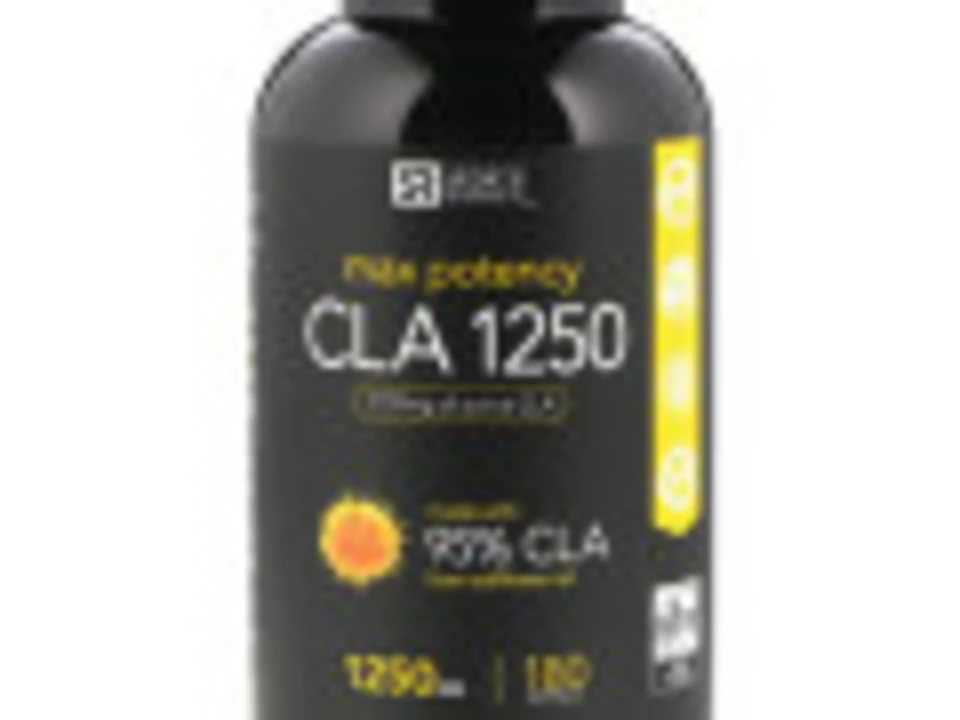Devil's Club: What It Is, How People Use It, and Safety Tips
Devil's club (Oplopanax horridus) is a spiny understory shrub from the Pacific Northwest. It looks fierce, but for many Indigenous communities it’s been a trusted plant for generations. Folks use roots, bark and leaves in teas, poultices, and tinctures. If you’re curious, here’s clear, practical info so you know what people do and what to watch out for.
Common uses and simple preparations
Traditionally, devil's club has been used topically and internally. People often make a weak tea from the inner bark or roots for short-term issues, or a rubbed paste from crushed roots for local skin problems. Tinctures (alcohol extracts) are another common way to preserve the plant for occasional use. When making tea, harvesters typically simmer the inner bark or small root pieces for a while, then strain and sip small amounts. For a tincture, plant material is soaked in alcohol for weeks and then strained — but tinctures concentrate the plant, so they’re used more sparingly.
If you’re trying devil's club at home, keep it simple: use small amounts, don’t mix with other strong herbs right away, and prefer short-term use. Always test a tiny amount first to check for skin or stomach reactions.
Safety, sourcing, and who should avoid it
There’s limited clinical research on devil's club, so treat it with caution. The plant can irritate skin and the spines can cause wounds during harvesting. People who are pregnant, breastfeeding, taking prescription meds (especially blood thinners or drugs processed by the liver), or who have serious health issues should avoid using it without a healthcare talk first. Allergic reactions or stomach upset are possible.
Buy from reputable suppliers or learn ethical wild-harvesting practices. Devil's club grows wild and some populations are sensitive to overharvest, so look for sustainably harvested or cultivated products. If you buy pre-made extracts, check labels for purity and avoid products that don’t list ingredients and source info.
Practical tips: patch-test topical uses on a small skin area, start with tiny oral amounts, stop if you get rashes, dizziness, or unusual bleeding, and always tell your doctor about any herbal products you use.
Want to read more about herbal options and safety? Explore related articles on this site like “Herbal Alternatives to Prednisone” for plant-based anti-inflammatory ideas, or “Purple Power: Unveiling How Grape Dietary Supplements Boost Health” for antioxidant-focused supplements. Use the site search to find more on herbal safety and interactions before you try something new.
Devil's club is interesting and has deep cultural roots. If you treat it with respect—both for its power and for the people who’ve used it long before commercial interest—you’ll be safer and make better choices when experimenting with it.
Unlock Your Body's Full Potential with Devil's Club: The Premier Dietary Supplement for Peak Performance
I recently came across an incredible dietary supplement called Devil's Club that claims to unlock your body's full potential and provide peak performance. After trying it out for myself, I can confidently say that it has made a significant difference in both my energy levels and overall well-being. This premier supplement not only improves physical performance, but also boosts mental focus and clarity. I highly recommend Devil's Club for anyone looking to elevate their daily performance and reach new heights in their personal and professional lives. Give it a try and prepare to be amazed at the difference it can make for you!
Keep Reading
